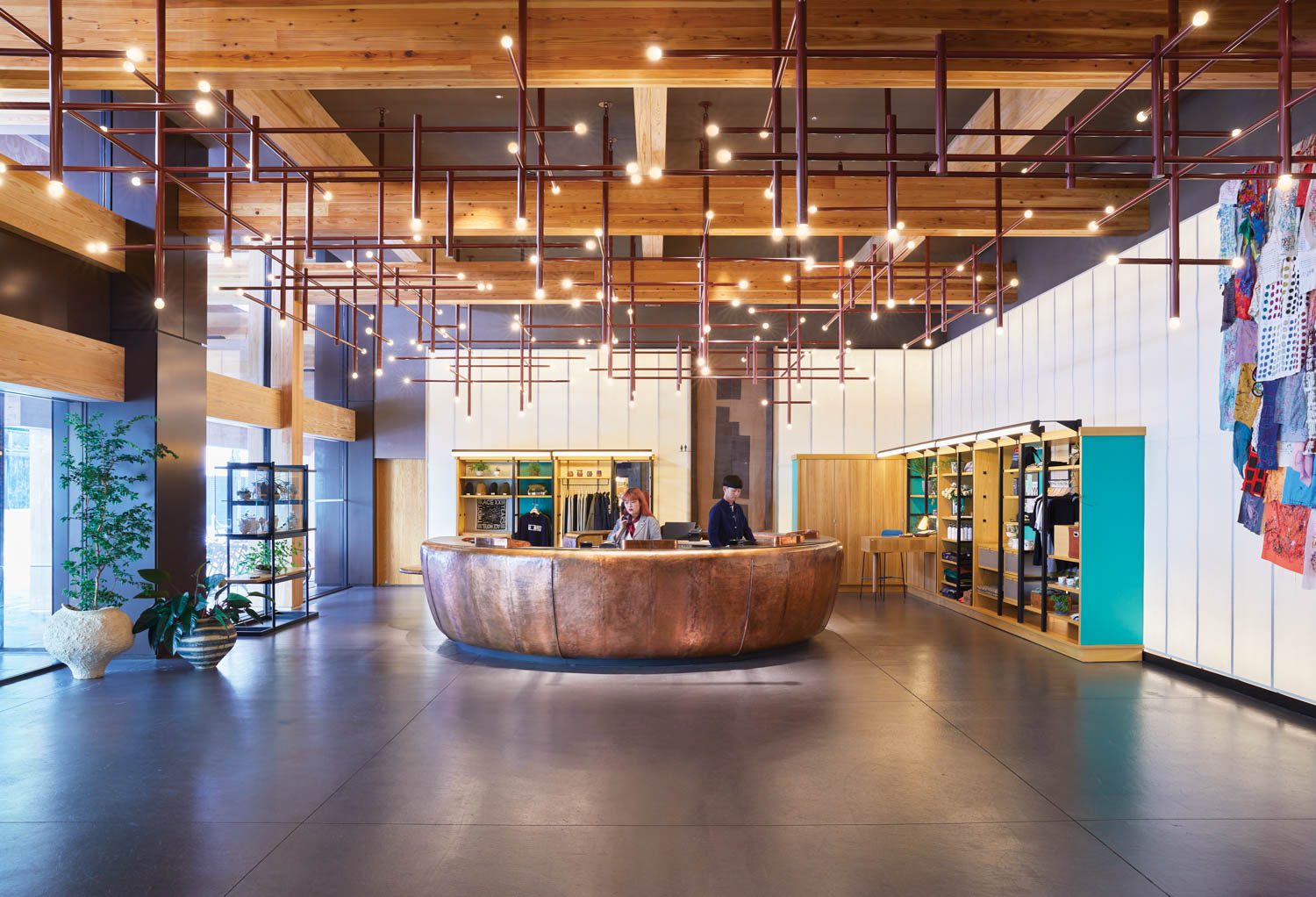NSW government offices can’t always accommodate workers amid push to scale back work-from-home, unions say
Public sector workers are willing to follow a government directive to work in the office more, but there’s not enough space to accommodate them, unions say.
New South Wales public sector workers are being consulted on their willingness to work “principally” in an approved office.
A memo from the secretary of the NSW premier’s department in August last year directed that “government sector employees should work principally in an approved office, workplace or related work site”.
“The opportunity to work from home should not be taken for granted or considered unlimited,” it noted.
However, more than seven months on, departments including transport, and communities and justice, are yet to finalise their policies to make it happen.
Staff sitting on the floor, working in coffee shops
Some Transport NSW staff reported working from a coffee shop because there was not enough room on busy days. (ABC News: Abbey Haberecht)
The Transport for NSW “workplace presence” policy asks staff to agree to work 50 per cent of their time in the office, or two weeks a month, which needs to be approved by a manager and renegotiated at least every 12 months.
The Public Service Association surveyed more than 1,000 transport department workers, which included union members and some non-members, on working from home.
Union representative Nathan Bradshaw said members in the transport department were not objecting to working in the office, but they reported a lack of space for them to do so, with some workers saying they were asked to sit on the floor to work.
NSW government workers have been told to work from the office more. (ABC News: Abbey Haberecht)
The department of transport office in Elizabeth Street in Sydney’s CBD was a particular problem, he said.
“There are desks that you can book, but on occasion, they cannot get these workstations, and so effectively, they’re coming in and commuting to the city to conduct their work from the coffee shop downstairs.”
He said the department was saying the policy was about increasing collaboration.
“There’s no increase in collaboration if you’re simply sitting in a coffee shop on a Teams meeting while everybody else is sitting in different places across the state.“
The NSW government’s Parramatta Square workplace hub houses 10,000 public sector workers, while the Elizabeth Street hub can accommodate 2,000 workers.
Most of the NSW government’s workforce space is in Parramatta. (ABC News: Esther Linder)
One respondent said people ended up working from or holding meetings in the kitchen.
The data from the survey showed about 84 per cent of respondents preferred to work from home on Mondays and Fridays, with about 65 per cent preferring the middle three weekdays.
That trend was leading to the offices being empty at times.
“Going in to the office usually means there are no desks available as everyone goes in on the same days,”
one respondent said.
Trent Wiltshire said it was a waste to have people in the office on Teams calls or working on their own. (Supplied)
Trent Wiltshire from the economic prosperity and democracy program at the Grattan Institute said it was a waste of time to have people in the office on Teams calls or working on their own.
“Doing collaborative work, teamwork culture, building things like that is great to do in person, but then letting people work from home one, two or three days a week to do the deep work without the distraction of the office,” he said.
A Transport for NSW spokesperson said over 30,000 people worked across transport and this policy change impacted about half of them.
“The proposed policy takes into consideration capacity of many diverse transport workplaces across the state, which includes offices in city, outer metro and regional areas,” they said.
A spokesperson for the NSW planning department said its property arm owned and leased 970,00 square metres of office space.
“We are currently working through a process to increase workplace space to accommodate staff including through confirming agency requirements for potential future workplace hubs in Sydney Central and across regional NSW,” they said.
In contrast, the Victorian government announced in its budget last year that it would be reducing its office space in line with “the changed nature of work”.
Discriminatory against women
The union’s survey revealed that 48 per cent of workers would actively look for another job under the proposed policy, either because the policy did not have the flexibility they required (27 per cent) or they did not wish to renegotiate their arrangements every 12 months (21 per cent).
Dozens of workers identified caring responsibilities of children or elderly parents as their key reason for wanting to continue to work primarily from home.
“It would severely damage my relationships and ability to care for my three young children and elderly parents who live with me,”
one respondent said.
Mr Bradshaw said unpaid care work was a key reason that employees could not participate in more traditional work structures.
“Women are more likely to shoulder these responsibilities, and any policy or any uncertainty that reduces flexibility, it reduces the workforce participation for women,” he said.
It comes as Opposition Leader Peter Dutton backed down from the Coalition’s promise to force public servants back into the office, following criticism from voters.
“We made a mistake in relation to the policy. We’ve apologised for that and we’ve dealt with it,” Mr Dutton said on Monday.
Premier doubles down on request
NSW Premier Chris Minns said it was important to get public sector employees back to the office. (ABC News: Andrew Whitington)
NSW Premier Chris Minns doubled down on his plan to get public sector employees back to the office and denied the move was unrealistic.
“We’ve made major headway in getting public servants back to the office in big, big government departments, whether it’s planning premiers department, the cabinet office, we are getting there bit by bit,” he told reporters.
“It’s very important for our public service, and we’re not going to give up on it.“
NSW Opposition Leader Mark Speakman said he supported getting people back to work, as did small businesses relying on city and suburban foot traffic to survive.
He said the premier’s department work-from-home edict was not working and needed to be sorted out.
A spokesperson for the NSW education department said its flexible work policy had been finalised and would come into effect at the end of April.
Under the policy department staff are expected to work principally from the office, in line with the premier’s department memorandum.
link







